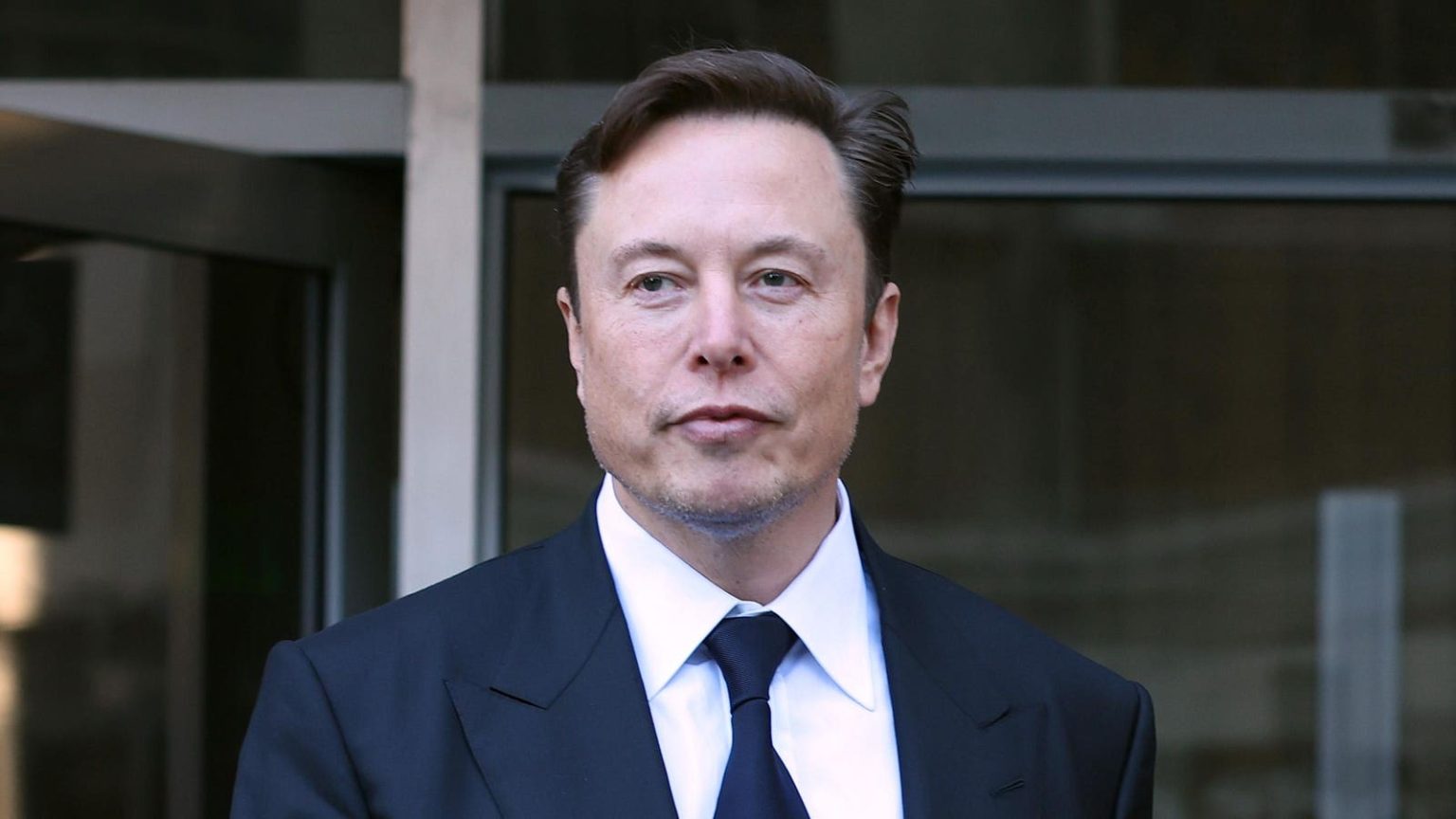Elon Musk Calls for Dissolution of UK Parliament Amidst "Grooming Gang" Controversy
Elon Musk, the CEO of Tesla and owner of X (formerly Twitter), has ignited a political firestorm in the United Kingdom by demanding King Charles III dissolve parliament and call for a snap general election. Musk’s intervention stems from his accusations against the Labour government, alleging their inaction and complicity in addressing historical "grooming gang" cases, particularly during the tenure of Prime Minister Keir Starmer as Director of Public Prosecutions. These allegations, deemed "factually inaccurate" by British officials, have thrust Musk into the center of British politics, drawing criticism from across the political spectrum.
Musk’s incendiary remarks on X, where he implored King Charles to act in the "interests of his subjects," have amplified the ongoing debate surrounding the handling of child sexual exploitation cases in the UK. He specifically targeted Starmer, accusing him of failing to prosecute grooming gangs effectively and labeling him "complicit in the RAPE OF BRITAIN." Musk’s accusations extend to Jess Phillips, a safeguarding minister, whom he called for to resign and even face imprisonment for rejecting a government-led inquiry into child sexual exploitation in Oldham, England. While Phillips has advocated for a local inquiry, her stance, along with the previous government’s denial of a similar request, has fueled Musk’s outrage.
The political fallout from Musk’s statements has been significant. Conservative MP Alicia Kearns rebuked Musk for diverting attention from the victims and survivors of child sexual exploitation, emphasizing his tendency to share information on X without proper verification. The Conservative Party itself has distanced itself from Musk’s claims, criticizing the spread of “factually inaccurate” information. This highlights the delicate balance political figures must strike in navigating the influence of social media personalities like Musk, particularly when accusations of such gravity are involved.
The constitutional implications of Musk’s demands raise further questions. While King Charles theoretically holds the power to dissolve parliament, this action is traditionally taken at the request of the prime minister, typically preceding a general election. The monarch’s prerogative to refuse dissolution exists under specific circumstances, such as when parliament remains functional, an election would negatively impact the economy, or an alternative prime minister capable of forming a stable government can be identified. Musk’s call for royal intervention effectively bypasses established political processes and adds an unprecedented layer to the existing controversy.
The backdrop to this unfolding drama is the ongoing political battle surrounding the handling of child sexual exploitation cases, with the Labour Party facing criticism from right-wing figures, including Musk, for their perceived inaction. Musk’s increasing engagement in British politics, including his association with Nigel Farage, leader of the far-right Reform UK Party, and his support for Tommy Robinson, a figure convicted of contempt of court, underscore his growing alignment with right-wing movements in the UK. Musk’s defense of Robinson, based on the false premise of imprisonment for exposing child sexual abuse, further complicates the narrative.
Musk’s forays into global political commentary are not confined to the UK. His support for Germany’s far-right Alternative for Deutschland (AfD) party, his defense of its leader Alice Weidel, and his critique of traditional German parties demonstrate a broader pattern of engagement with right-wing movements. His association with Italian Prime Minister Giorgia Meloni, known for her anti-immigration policies, further solidifies this trend. Musk’s growing influence in global political discourse, coupled with his controversial pronouncements, underscores the challenges posed by powerful figures using social media platforms to shape public opinion and potentially interfere in political processes. This case serves as a stark reminder of the complexities of online information dissemination and the need for critical analysis, particularly when influential figures engage in political commentary.


